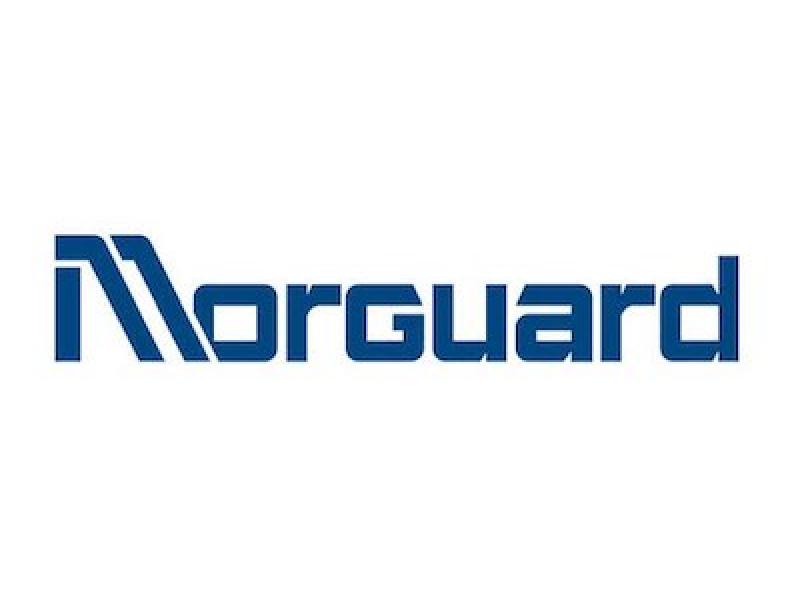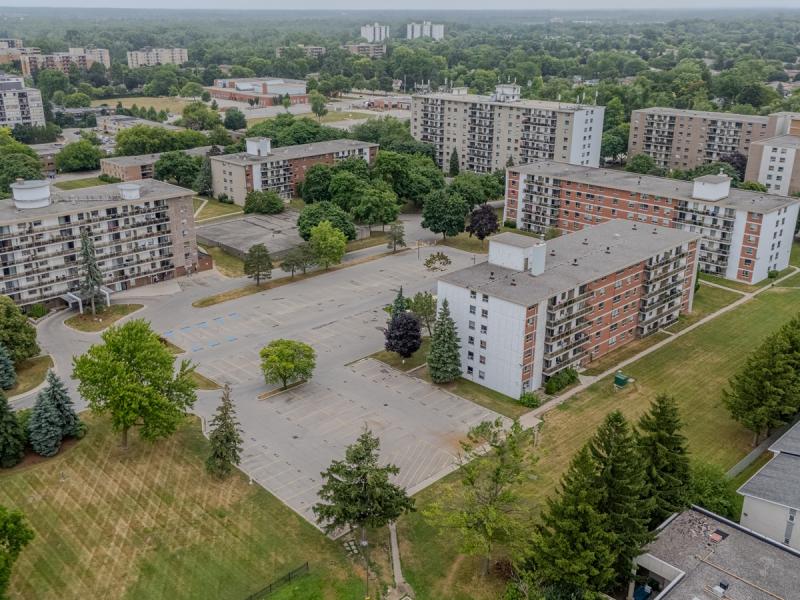It’s possible that the single largest source of conflict between taxpayers and government is assessment for property taxes. Challenging a property assessment that you consider unfair has traditionally been a confrontational process, but it doesn’t have to be. Nor should it.
 Last week, I attended a workshop sponsored by the International Property Tax Institute (IPTI) that explored if mediation, rather than arbitration, is the ideal route to resolution in appeals before Ontario’s Assessment Review Board (ARB).
Last week, I attended a workshop sponsored by the International Property Tax Institute (IPTI) that explored if mediation, rather than arbitration, is the ideal route to resolution in appeals before Ontario’s Assessment Review Board (ARB).
The concept is nothing new. “Alternate Dispute Resolution” has been a chapter in the ARB’s Rules of Practice and Procedure since at least its 2013 iteration (see page 35 of the Board’s Rules of Practice and Procedure).
Property owners are now receiving property assessment notices for the new four-year cycle. Notices for the 2017-2020 cycle for commercial properties hit the mail just a couple of weeks ago (residential ones mostly came earlier in the summer). The flood of appeals that inevitably herald a new assessment cycle will begin in the new year.
A huge and growing case backlog
With the ARB expecting some 41,000 appeals to be filed, it only goes to reason that now is the time for alternate dispute resolution to warrant attention. During his presentation, Jack Walker, with property tax and real estate law firm Walker West Longo, pointed out that there is also a backlog of some 15,000 original appeals. These go back years – representing about 10 per cent of those filed during the 2008 cycle and about 35 to 40 per cent of those filed during the 2012 cycle.
That backlog speaks to the problems inherent with a costly and time consuming appeals process based on arbitration. Glaciers move faster than many of these case files. I was involved with one that dragged on for 15 years!
Mediation, on the other hand, is far less costly and time-consuming. It’s a process of compromise. This is in sharp contrast to the confrontational process of arbitration, which is fought by legal counsel with the goal of achieving a “win” over the opposing party.
A mediated approach can mean fewer costs for the parties involved, for the ARB and for taxpayers in general.
So just what is mediation?
Jerry Grad, CEO of the IPTI, summed it up this way:
“Mediation involves the assistance of an impartial knowledgeable person to support and help those involved in a dispute to find resolution to their dispute. A key aspect of mediation is that the mediator does not ‘sort things out’ or make any decisions for the parties involved. Instead, the mediator helps the parties work together to develop their own agreement.”
Real estate valuation is a relatively straight forward process. Most disputes, in my opinion, can be resolved through mediation. It just makes sense, and common sense, to turn this process as far from a confrontational one as possible.
The key is that neither party sits down at the table expecting to score a “victory.” When it comes to determining what is fair market value, the answer is seldom if ever black and white. Instead of a single right answer, there always is a range of reasonableness.
It’s about compromise, not scoring a win
That means this is about compromise, not victory. I consider a good settlement one in which neither party is really happy with the outcome.
For this to work, each party to the mediation must have the authority to make a binding decision. The property owner, or someone legally empowered to make decisions on behalf of the property owner, must take part.
The mediator does not make decisions, but only serves as the referee. The role of lawyers is not to control or direct the proceedings, but to draft the legal agreement that follows a mutually accepted settlement. Mediation puts the property owner front and centre in the negotiation to present their case and hear the other side. Experts can be present to help, but the owner should be there and fully engaged.
That’s why I use the analogy of an Aboriginal healing circle. Rather than the rigorous formality of a court proceeding, parties to the dispute can just sit down and discuss the issue in an open forum that is informal, flexible, quicker and that empowers them to control the outcome. They can choose their mediator and be assured of confidentiality. In fact parties to the mediation should/must sign a confidentiality agreement before it gets underway.
The system must adapt to function
The reality is, many of the individuals at MPAC and the ARB with the years of experience to competently handle these matters are hitting retirement age. The caseload backlog for courts and tribunals continues to grow – just look at those stats I reference earlier.
Mediation is already becoming an increasingly popular form of alternative dispute resolution, but the problem is, many files start as an arbitration, already tying up court time and racking up legal costs, before the parties finally decide to settle the matter out of court.
As we head into 2017 and those thousands of assessment appeals flood the ARB, it only makes sense for mediation to be considered the first option for faster and far less costly dispute resolution.
To discuss this or any other valuation topic in the context of your property, please contact me at jclark@regionalgroup.com. I am also interested in your feedback and suggestions for future articles.







